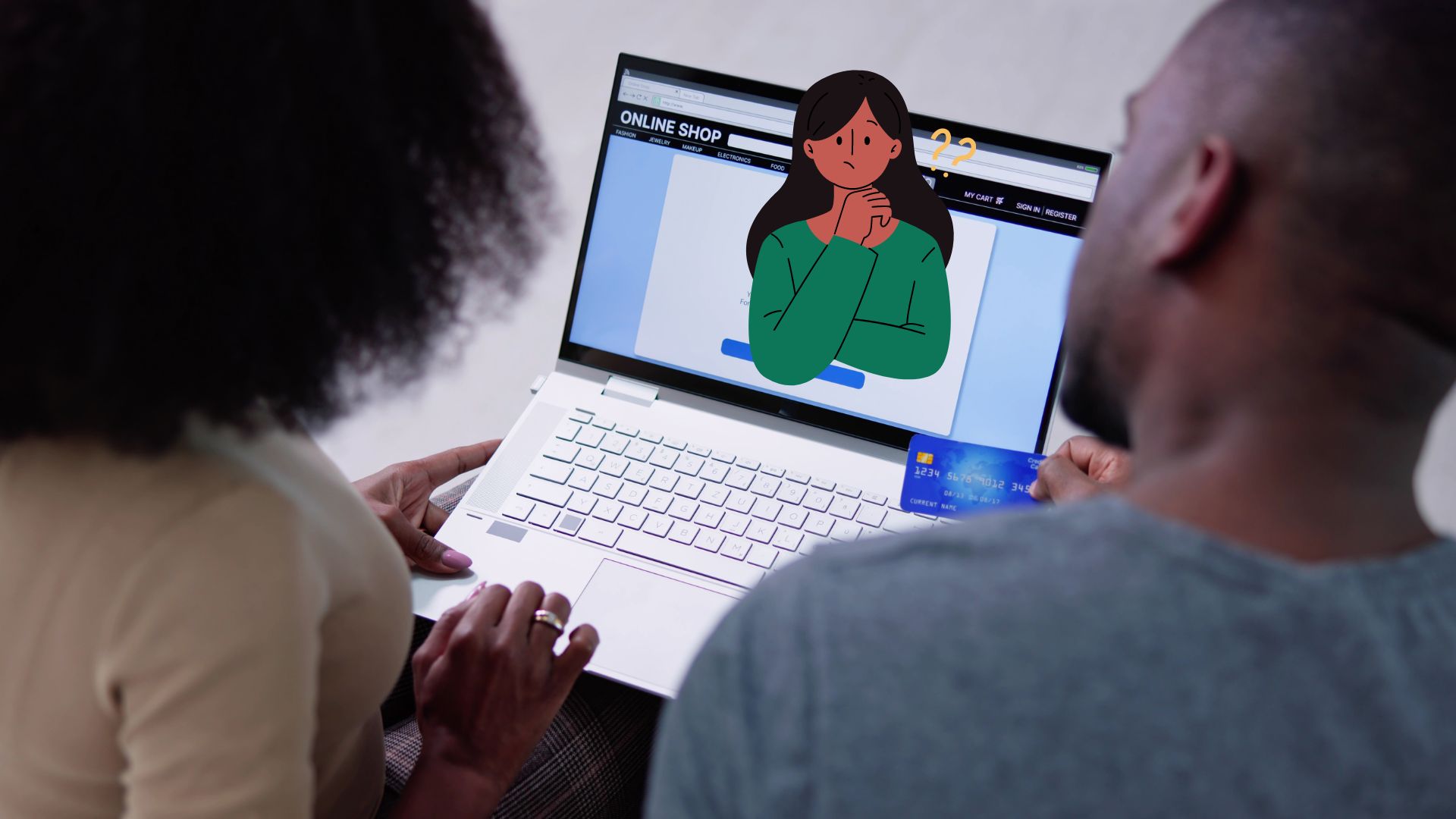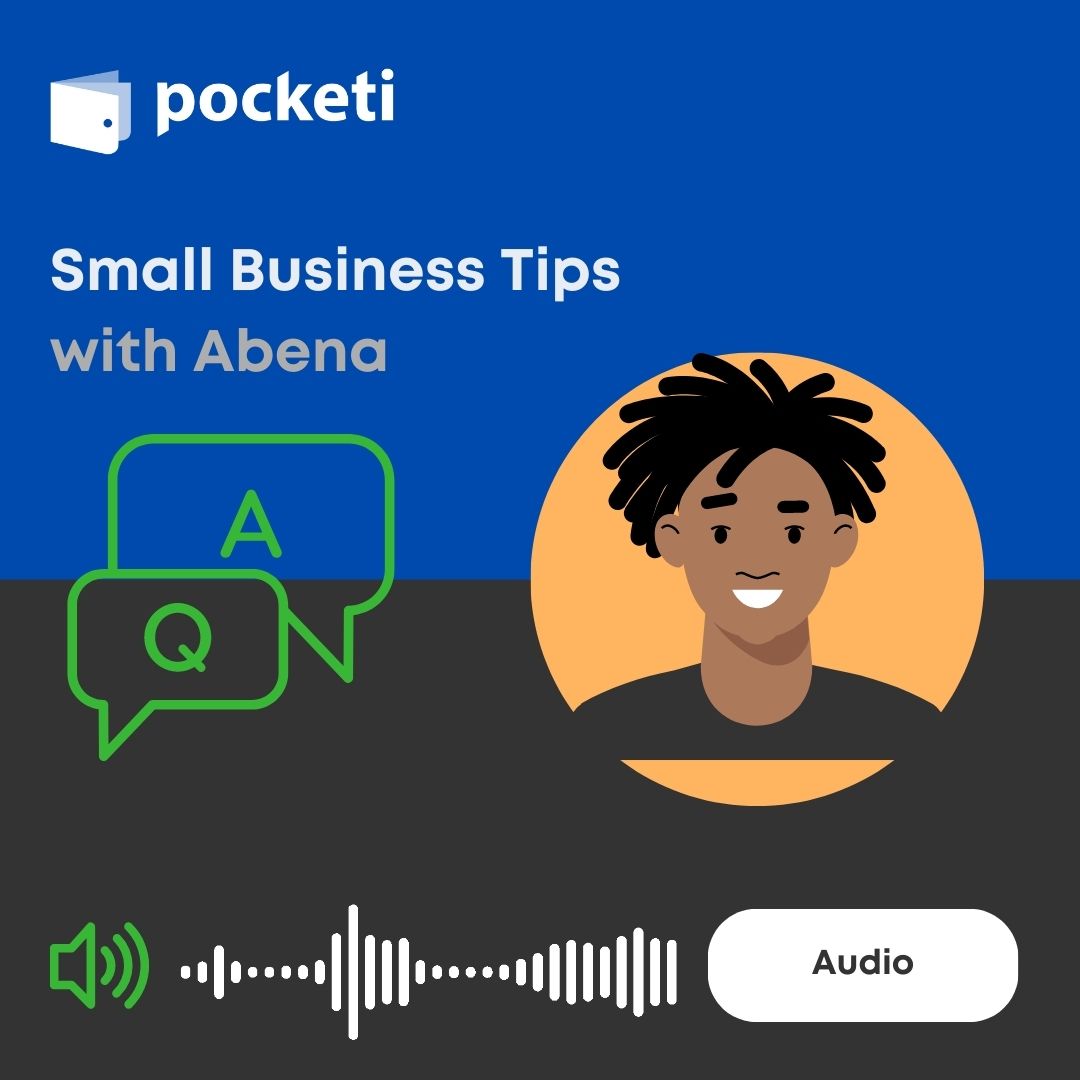Adapted and customised from: https://www.consumerfinance.gov/about-us/blog/helpful-tips-using-mobile-payment-services-and-avoiding-risky-mistakes/

Person-to-person payment services and mobile payment apps have become part of everyday life for millions of people. Payment services and apps like Pocketi let you send money to people without having to write a check, swipe a card, or hand them cash. These services are becoming increasingly popular for things like paying a friend back for lunch, splitting the cost of rent with a roommate, or collecting money for a youth sports coach’s thank you gift.
Mobile payment services advertise to consumers that they provide increased security, ease of use, and speed over more traditional payment methods. However, many different forms and brands of these services exist—your friend may have told you about one mobile app, you may have used another to receive money from your brother, and your bank might have emailed you about their own app. You might have also heard about a different kind of service called a “mobile” wallet that lets you pay merchants. While payment apps all may appear to do the same thing, each of these services operates somewhat differently, and your experience with them may vary.
With the development of new payment methods come new risks. Mobile payment apps should have strong built-in protections to detect and limit errors, unauthorized transactions, and fraud. The Consumer Recourse Mechanism Guidelines for Financial Service Providers applies to all banks, non-banking institutions, E-money issuers and their Agents specialised deposit-taking institutions, financial holding companies and affiliates of banks, non-banking institutions, specialised deposit-taking institutions, financial holding companies regulated by the Bank of Ghana. Among other protections, this law requires these institutions to investigate errors reported by consumers. Other protections may also apply. Whatever service you end up using, keep the tips below in mind to make sure your money goes where you want it to, and you receive money you’re owed.
Use caution when sending money to or receiving money from someone you don’t know
Scammers use mobile payment services to trick people into sending money or merchandise without holding up their end of the deal. For example, a scammer may sell you concert or sports tickets but then never actually give them to you. Or a scammer might purchase an item from you, appear to send a payment, and then cancel it before it reaches your bank account. Using mobile payment services with family, friends, and others you know, and trust is the safest way to protect your money.
Consider having your friend send you a request for payment first (for example using Pocketi Request).
If you’re sending money to someone for the first time, ask that they send a “request” from their app if that service is available. This helps ensure that you’re sending funds to the right person for the right amount. If the payment app does not have a request for payment function, consider sending a small, test payment to the recipient to confirm it is the right person before sending larger amounts.
Double check before you press send
A simple mistype can send money to the wrong person or in the wrong amount. Always double check the amount you entered and the person you selected to pay. Most payment apps use a username, phone number, or email address to identify payment recipients. Ask your recipient to be sure he or she has registered in the app with the information you intend to use to send them money.
Know how quickly you will receive your money—and how quickly money comes out of your account when you pay someone
Depending upon which mobile app you use and who sends you money, you may or may not be able to use money you receive immediately. In some instances, you may have to wait a few days to spend money you receive, even if the money shows up instantly in your app balance and you intend to spend the money within the same app. Many services let you transfer money to your bank account, and some will charge you a fee for the money to become available faster. For each app you use, find out how soon transferred money becomes available and then decide if that timing works for you.
Regardless of how quickly you can spend money you receive, when you send money via mobile apps, most payments you make get deducted from your balance immediately. You can sometimes put a “stop payment” on a check you’ve written, dispute a credit card charge, or cancel a bill payment. But new mobile payment services generally don’t have a recall or retrieval feature. For these reasons, again, it’s important to be certain you want to make a payment, for how much, and to whom before pressing send.
Set up your app to require a passcode, PIN, or fingerprint before making a payment.
Pocketi always requires authentication before payment.
Most mobile payment apps allow you to set up a passcode, PIN, or fingerprint that you can use to authenticate yourself before making a payment. Setting up this feature helps to prevent anyone else that gets access to your mobile phone from making mobile payments from your account. If your mobile phone is actually lost or stolen, be sure to notify your bank or payment provider.
Contact your bank or payment provider if you suspect an error
Under the Consumer Recourse Mechanism Guidelines for Financial Service Providers, banks, and other financial institutions must investigate errors.
Many existing forms of payment offer protections in addition to those required by the Bank of Ghana guidelines. New mobile apps and forms of payment may not provide these same protections. That means it might not always be easy to get your money back if something goes wrong. Make sure you understand the protections and assurances your payment services provider offers with their service.
Similarly, as with any mobile app and before using the app, review the app’s privacy policy to understand what information about you is collected as you use the app and with whom this information may be shared.
Contact us if you encounter an issue with a payment or transaction done on Pocketi.
The Bank of Ghana guidelines and directives, which requires banks, and other financial institutions to investigate errors.
If you’re having trouble with a payment service, you can submit a complaint to the Central Bank of Ghana or if it relates to Pocketi, check online or chat with us via WhatsApp at Pocketi Support . If you have a question, and not a complaint, about payment services or other financial services, you can get answers to common questions through our Ask web tool.




